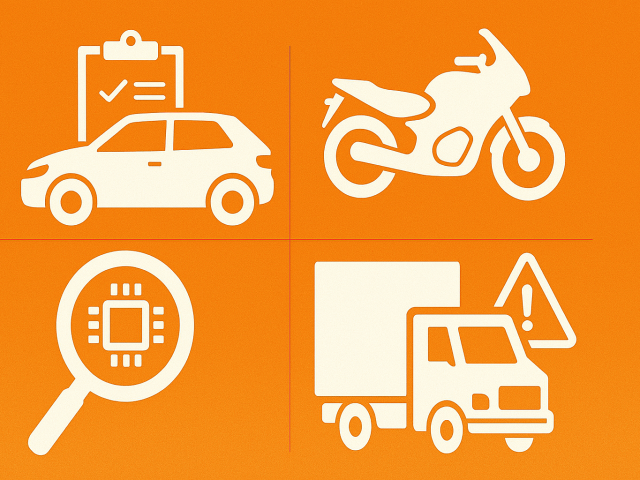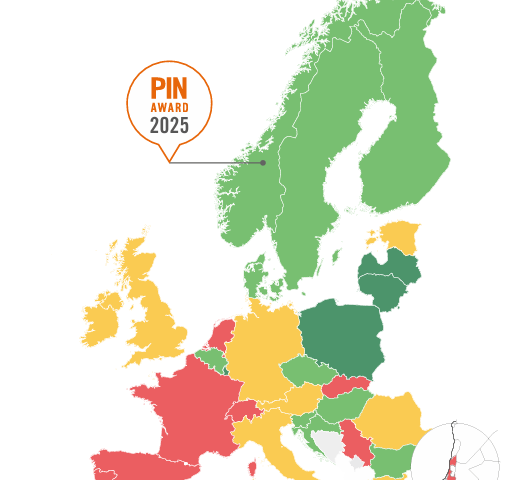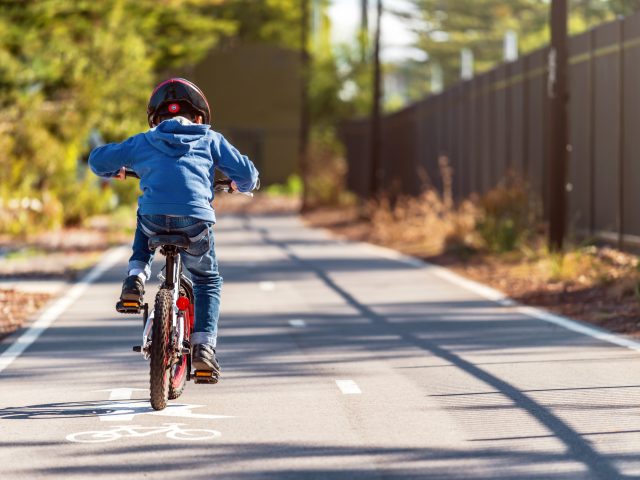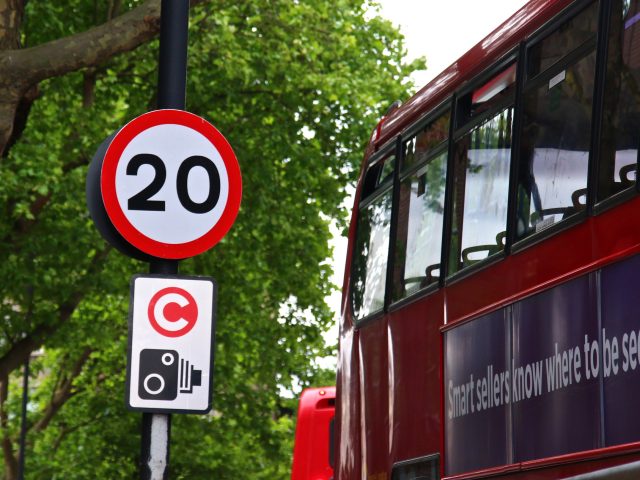Drink-Driving in Finland
Figures
Alcohol-related road deaths decreased by 4% faster annually than other road deaths until 2018. 37 people died in collisions involving a driver, a rider or a pedestrian with a BAC above 0.5 g/l compared to 77 in 2010.
However, these last two years have shown an increase in the number of road deaths due to alcohol, rising from 37 to 48 in 2020 (provisional figure).
National policies
A National Road Safety Strategy is under preparation and will define some measures for drink-driving prevention. The Ministry of Transport and Communications is leading the effort. The new strategy is to be ready by the end of the year 2021.
A new Road Traffic Act entered into force on 1 June 2020. The new road Traffic Act gives police the power to prevent a person from driving even if he has a very small amount of alcohol in the body (under the legal limit of 0.5g/l). The police may therefore order to wait on the roadside until there is no more detectable amount of alcohol in his body.
BAC limits and sanctions
In Finland the standard BAC limit is 0.5 g/l for all drivers. No further lower alcohol limit has been specified for any specific driver group.
Finland is one of the few countries in the EU to use an income-related day fine system for severe crimes, including road offences. A Finnish fine consists of a minimum of a 1 day-fine, up to a maximum of 120 day-fines. The minimum amount of a day-fine is 6 euros. Usually, the day-fine is one half of daily disposable income.
A detailed table of drink driving sanctions can be found in the full report.
Enforcement
Alcohol tests are done systematically in practice for all active participants of a road collision, either alive or dead. Finland has been among the most active EU countries in the fight against drink-driving when it comes to enforcement levels during recent years.
The number of checks in 2020 fell by more than half compared to the previous year, while the percentage of drivers tested positive has doubled. One explanation for lower breathalyser test numbers is that police have been busy with controlling Covid-19 lockdowns and therefore less resources were available for drink-driving surveillance.
Rehabilitation and Alcohol Interlock programmes
In 2008, an alcohol interlock rehabilitation programme was adopted by the Finnish government after a trial launched in 2005. The programme is voluntary for all DUI offenders regardless of the blood alcohol concentration level at the time of arrest. Offenders can choose to participate in the programme instead of opting for a driving licence ban.
The programme is offered to the following categories of drink-driving offenders:
- BAC 0.5 – 1.2 g/l : 12-36 months, median 16 months
- BAC 1.2 g/l and above: 12-26 months, median 18 months
So far, around 85% of the participants have completed the programme. 84% of them are male drivers and the average age is 51.
Since 2011, Finland has also equipped all vehicles dedicated to publicly-funded school and day care transport with alcohol interlocks
Campaigns
The latest nationwide drink driving campaign #rohkee #bebrave ran from 2015 to 2018 and targeted young drivers aged 15-24. The campaign was very well received. 87% of the target audience had seen the campaign and 83% agreed with the key message.
To read the full country focus click here







